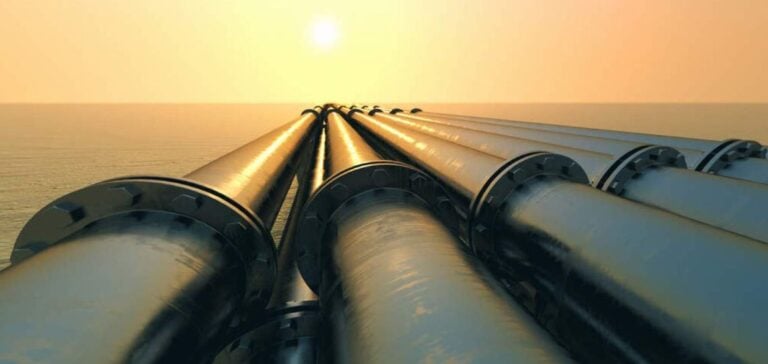Morocco continues its efforts to strengthen its gas sector, a key element of its energy strategy. A draft law, presented by the Ministry of Energy Transition, proposes a major reform to establish a legal framework dedicated to the supply, transport, and distribution of natural gas. This legislation represents a significant step toward the modernization of a critical sector for energy transition.
A public operator for gas infrastructure
At the core of this draft law is the creation of a public operator tasked with supervising transport infrastructure. This entity will be responsible for maintaining, regulating, and developing installations over the long term. The goal is to ensure efficient resource management and meet the country’s growing energy needs.
The draft law also aims to enhance transparency by clarifying the rules and obligations for traders, suppliers, and distributors of gas. Pricing methodology will consider factors such as transport, storage, and network access costs, contributing to fairer and more competitive pricing.
Consumers at the heart of the reform
One of the flagship measures of this reform is granting consumers the right to choose their supplier. The ability to change operators, combined with transparent communication on contractual changes, seeks to increase market competition.
A lever for attracting investors
By structuring every stage of the supply chain, this new legislation aims to attract foreign investments. Modernizing the gas sector will enhance Morocco’s attractiveness on the international stage as a regional energy hub. These investments will be essential for developing infrastructure and achieving energy transition objectives while reducing dependence on fossil fuels.
This draft law is part of a long-term strategic vision that positions natural gas as a pillar of energy transition. It reflects Morocco’s commitment to combining economic development with environmental impact reduction.





















